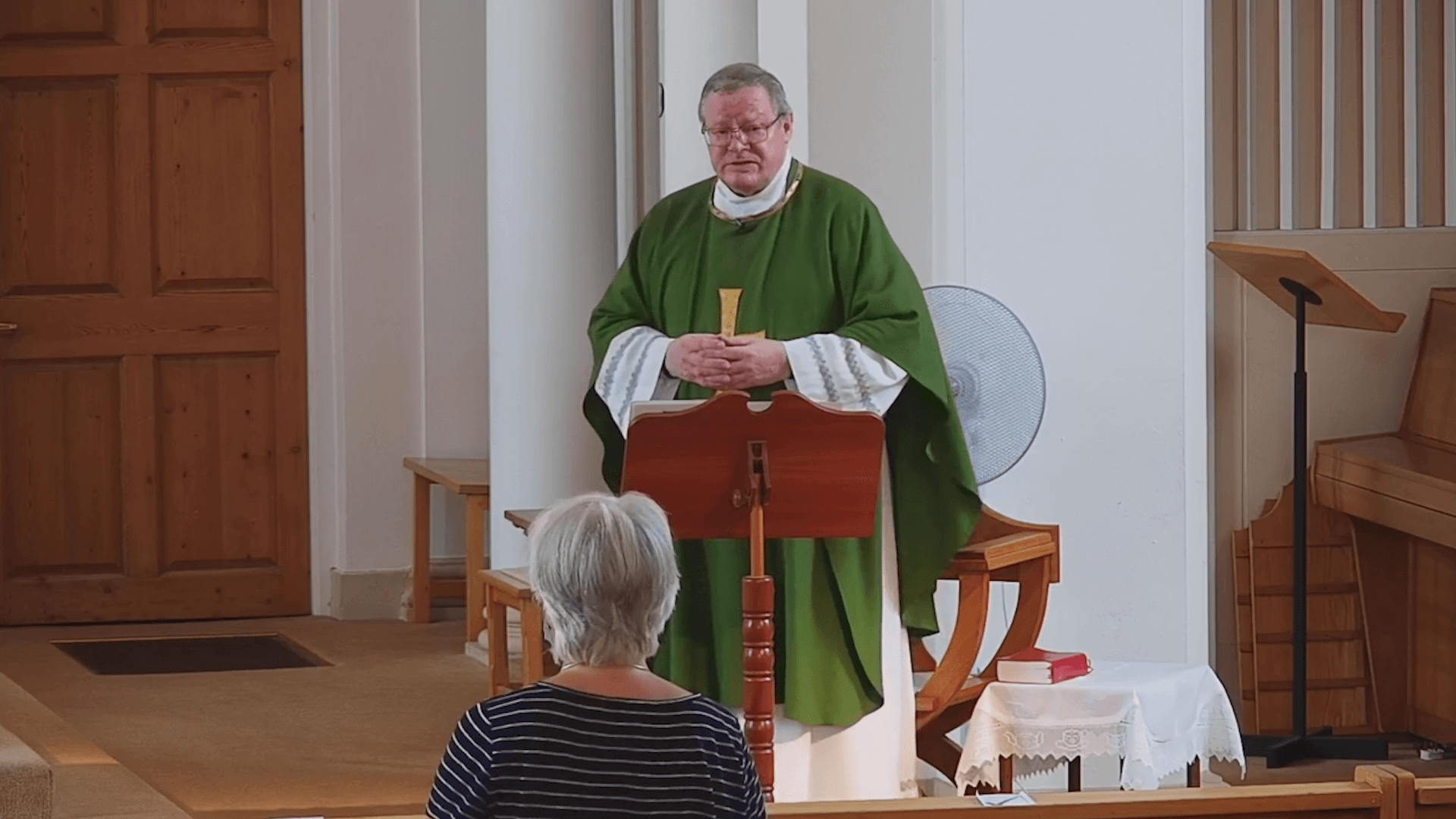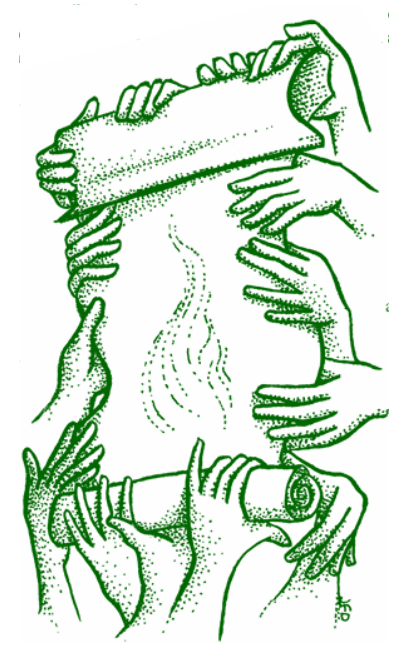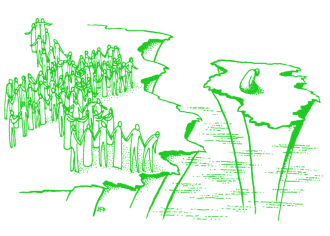










This weekend’s readings focus upon extravagant wealth, poverty, and economic inequality. The passage from Amos continues the theme of last week’s reading calling out the sinfulness of the extremely wealthy. They are living in luxury (beds of ivory! eating veal! drinking wine from bowls, not cups!) while around them the needy are being ignored and their country is crumbling. Presumably the poor can rarely afford meat, much less veal, and are sleeping on the ground. Jesus paints a similar picture of the disparity between the rich man Lazarus and the poor beggar at his door ending with a harsh or consoling conclusion, depending on the status of the listener/reader.
Luke’s Gospel has more parables and teachings about wealth and poverty than any other, including this one about the rich man and Lazarus. Because Luke also wrote the Acts of the Apostles-which continues with many examples of money used appropriately or not we can presume that Jesus (and the author Luke) was addressing an audience that included a mix of both wealthy and poor people. In Jesus’ world, there weren’t many in-between, with almost no middle class to speak of.
In reality, most of the wealth amassed by the rich came from the exploitation of the poor, although sometimes the religious and cultural presumption was that the rich were rich because God favoured them while the poor did something to lose God’s favour. Jesus flatly contradicts this idea with his parable. Abraham’s statement, “They have Moses and the prophets. Let them listen to them” was a clear reminder to Jesus’ listeners about God’s desires for money and possessions to be shared and used for the benefit of everyone. “Moses and the prophets” was a catch phrase referring to the Jewish scriptures (our Old Testament). Of the 600+ commandments contained in those books, many of them detailed how wealth should be fairly distributed so that no one was left destitute. Clearly, the rich man in this parable had ignored Jewish law.
Questions of the Week
Think about a modern day example that contrasts the wealth of some with the plight of the poor. Please share.
How might God be calling you to share your wealth and possessions more equitably and justly?









